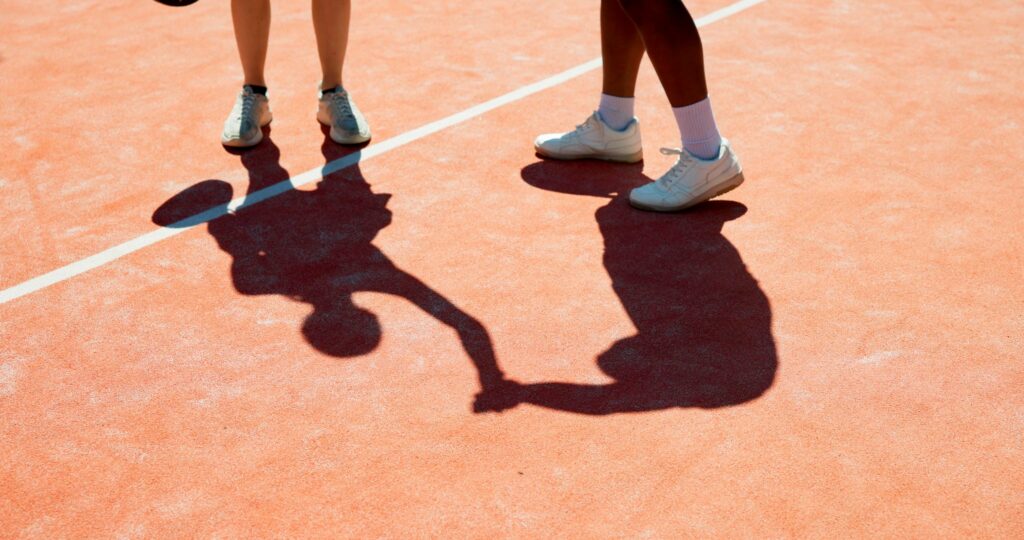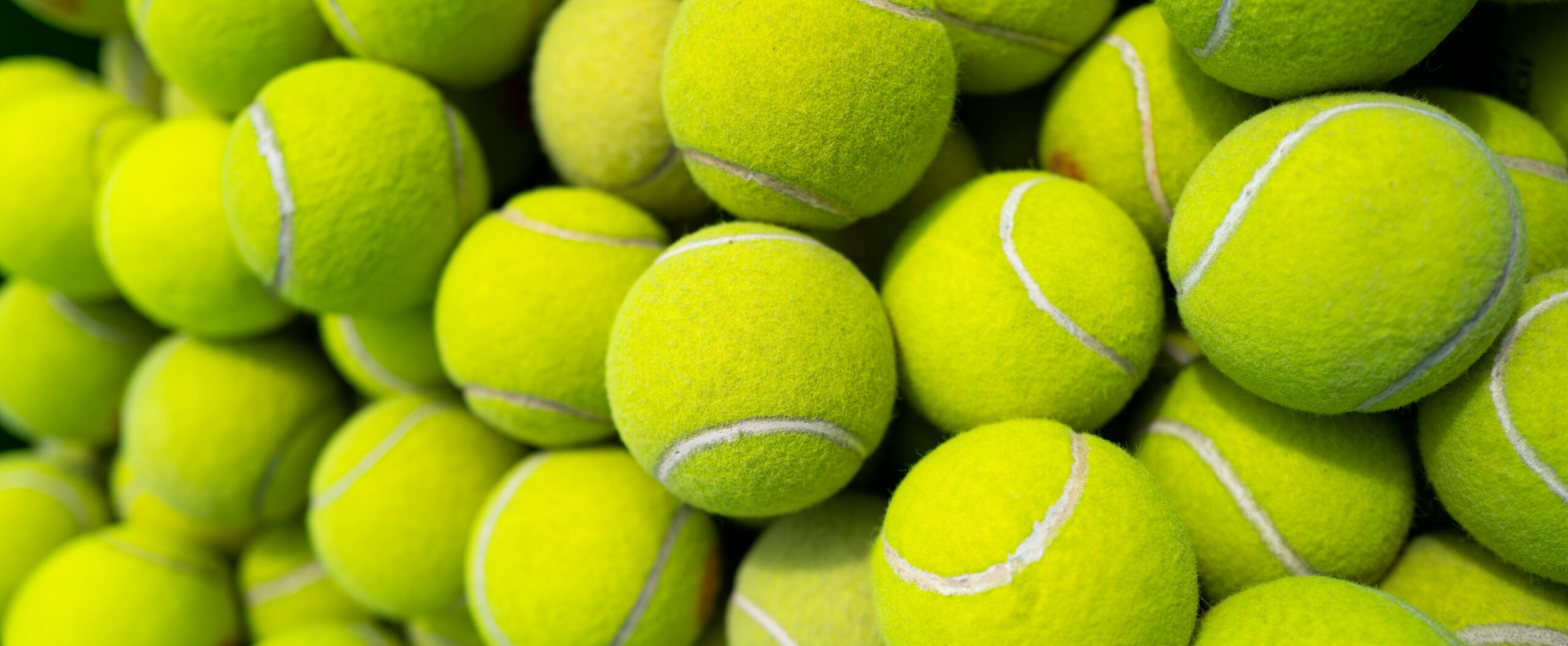Introduction: You Can’t Add Hours — But You Can Use Them Better
Between early lectures, tight deadlines, long shifts, and family responsibilities, finding time for tennis can feel impossible.
I’ve been there.
There were days when I barely had time to eat, let alone practise my serve. I used to think I had to choose between being serious about tennis or staying on top of school/work.
But over time, I learned:
You don’t need more time. You need a better system.
This blog shares my honest, real-world tips on how I’ve managed to train, study, work and still improve on court — without burning out.
1. Start with Priorities, Not a Schedule
When I tried to “fit everything in,” I failed. But when I started with my priorities, the puzzle pieces came together.
Here’s what helped:
- I asked: What really matters this week?
- I stopped trying to be perfect every day — and focused on being intentional
- I blocked out non-negotiables (exams, deadlines, tournaments) first
- Then I added tennis — even if only 30–45 minutes per session
Time management starts with clarity — not a fancy planner.
2. Batch Your Time: The Power of Planning Ahead
Every Sunday evening, I take 15 minutes to:
- Map out classes, shifts, deadlines
- Schedule training sessions (even if short)
- Add prep and recovery time (warm-ups, stretching, meals)
- Plan 1–2 rest days or light days
Even just seeing the week ahead reduces stress massively.
Example Week Snapshot:
| Day | Work/School | Tennis Plan | Notes |
|---|---|---|---|
| Monday | 9–17 lectures | 18:30–19:30 drills | Pack gear in advance |
| Tuesday | 8–12 work shift | 13:00 gym (45 mins) | Serve-focused + short session |
| Wednesday | Study from home | Rest or light stretching | Focus on assignments |
| Thursday | 10–16 uni classes | 17:30 matchplay (club) | Bring recovery snack |
| Friday | Work 14–20 | Morning footwork drills | Early rise = energy boost |
| Saturday | Free | 90 mins full session | Core tennis focus day |
| Sunday | Light study + admin | 30 mins yoga/stretch | Plan the next week |
You don’t need to train daily — you just need to train consistently.
3. Embrace Short, Sharp Sessions
Before I started managing my time, I thought tennis training had to be 2+ hours to be effective. Wrong.
Now I live by this rule:
30 minutes of focused training is better than 90 minutes of faffing around.
What I fit into short sessions:
- 20-minute serve practice
- 30-minute footwork and shadow swings
- 10-minute video review or visualisation
- 15-minute injury prevention/stretching
Small sessions add up — and they’re easier to stick to than marathon workouts.

4. Combine Tennis With Life (When It Makes Sense)
If I’m on campus all day, I bring my racquet and hit serves at a park nearby after class.
If I’m meeting a friend, sometimes we go for a walk + stretch instead of sitting at a café.
Habit stacking helps:
- Listening to match podcasts while commuting
- Doing core exercises while watching TV
- Stretching while revising flashcards
*It’s not about doing *more* — it’s about doing things smarter.*
5. Recover Like It’s a Priority (Because It Is)
Tight schedule = more stress = higher injury risk. I learned this the hard way.
Now I:
- Foam roll 3x per week (even 10 minutes counts)
- Sleep 7+ hours minimum (non-negotiable during match weeks)
- Hydrate, fuel properly, and take active rest days
- Stretch after every session — even if rushed
Training is only half the battle. Recovery is where the gains are locked in.
6. Accept That Balance Isn’t Perfect — But Progress Is Possible
Some weeks, I train more. Some weeks, I study more. Some weeks, everything goes wrong and I just hang in there.
That’s life.
What matters is that I:
- Show up
- Stay honest about my limits
- Keep the long game in mind
My mindset shift:
Instead of asking “How much can I fit in?” I ask “What can I do today that moves me forward — even just a little?”
Sometimes that’s a full practice.
Sometimes it’s a 5-minute stretch and an early night.
Both count.
Final Thoughts: You Can Do Both
You don’t have to give up your goals — in tennis, school, or work.
💬 With the right plan, the right mindset, and a bit of flexibility, you can juggle all of it — and still grow.
Tennis has made me more disciplined, more focused, and surprisingly more efficient in everything else I do. Because when you care enough to make time, you realise just how much time you actually have.








